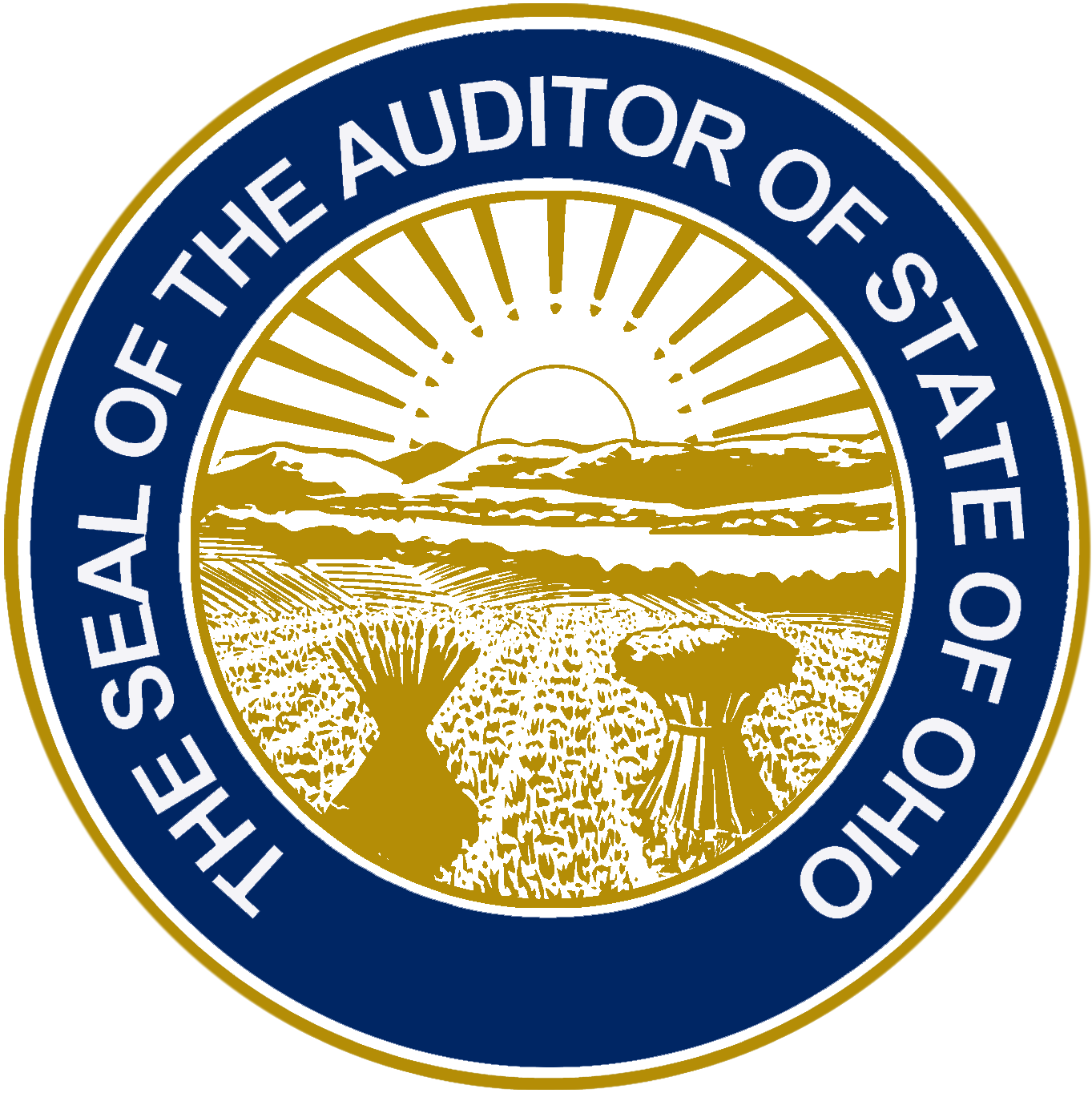
Press Release • Ohio Auditor of State
Overpaid Charter Schools Must Seek Reimbursement from Sponsors and Management Companies, Auditor Yost Says
NOTE: Corrected Release

Auditor Yost speaks during a Statehouse press conference on Aug. 9, 2017.
Note: Corrected Release
Columbus – Certain community schools that were overpaid because their student participation could not be verified by the Ohio Department of Education should seek repayment from their sponsors and management companies that were also overcompensated, Auditor of State Dave Yost announced today.
Community schools in Ohio typically contract with management companies, educational sponsors and other entities to help them operate, with the cost to the schools often based on a percentage of the dollars they receive annually. When a community school is overfunded, its vendors are sometimes overpaid, too.
Auditor Yost sent a letter to all community schools and their sponsors on Tuesday (Aug. 8) informing them that state auditors will be looking for documentation that any overpayments to vendors and sponsors, beginning with the 2015-16 school year, have been repaid or that a reasonable payment schedule has been established.
“A change in the application of standards by the Ohio Department of Education last year resulted in historic levels of undocumented student participation in our community schools,” Auditor Yost said. “This lack of documentation resulted in overpayments in the tens of millions of dollars, and the portion of those overpayments that went to sponsors, management companies and others should be returned to the schools to benefit the children.”
In his letter, Auditor Yost wrote, “If your management contract, educational service contract – or, for that matter, your sponsor contract – is based on a percentage of income, and ODE determines a clawback is appropriate, this also may mean you must seek a refund of overpayments under those contracts.”
“I understand that this may produce significant difficulty for some community schools, and for their management companies and sponsors. But if a school was overfunded, it must not result in a windfall profit for a private company, while the school itself suffers with reduced funding,” Yost wrote.
For example, the state’s largest community school, the Electronic Classroom of Tomorrow (ECOT), could not substantiate student participation in the Ohio Department of Education’s review for the 2015-16 school year. ECOT was ordered to repay the state $60 million.
ECOT’s contract requires it to pay 16 percent of school funding revenues to IQ Innovations, LLC Learning Management I, Inc.; 4 percent to Altair Learning Management I, Inc., and; 1.5 percent to Education Service Center of Lake Erie West. Based on the $60 million overpayment, ECOT may have overpaid IQ Innovations $9.6 million; Altair may have been overpaid $2.4 million; and Lake Erie West may have received $900,000 in overpayments. (Note: An earlier version of this release misstated the amount of Lake Erie West’s potential overpayment.)
“Charter schools are public schools, and we’re giving these schools notice that they need to work with their finance officers to determine whether any sponsor or management company was overpaid and get the money back,” Yost said.
The Auditor encouraged all community schools to consult with legal counsel not affiliated with their sponsors to determine whether they are due refunds under the terms of their contracts with sponsors, management companies and other vendors who are compensated based on the school’s revenues. He also told community school officials that further guidance would be offered soon to assist them with compliance.
The Ohio Department of Education, in advance of House Bill 2 being implemented, established a more robust standard of proof for e-schools in documenting student participation for FY 2015-16 which led to record funding recovery actions. In reviewing who could be held responsible for making restitution, Auditor Yost directed his staff to explore whether overpayments were passed along to e-school management companies and sponsors because of their contracts.
The Auditor’s directive is likely to create a significant refund for some Ohio schools. Some 13 e-schools were found to have insufficient proof that students were properly participating under new ODE standards during the 2015-16 fiscal year. The state is in the process of clawing back some or all of the funding those schools receive, although most of those cases remain under appeal.
Below is a chart of the e-schools that face funding clawbacks from 2015-16, along with the percentage of funding the Department of Education says is unsubstantiated.

Video of the Aug. 9 press conference is available here.
###
The Auditor of State’s office, one of five independently elected statewide offices in Ohio, is responsible for auditing more than 5,900 state and local government agencies. Under the direction of Auditor Dave Yost, the office also provides financial services to local governments, investigates and prevents fraud in public agencies and promotes transparency in government.
Contact:
Beth Gianforcaro
Press Secretary
614-644-1111